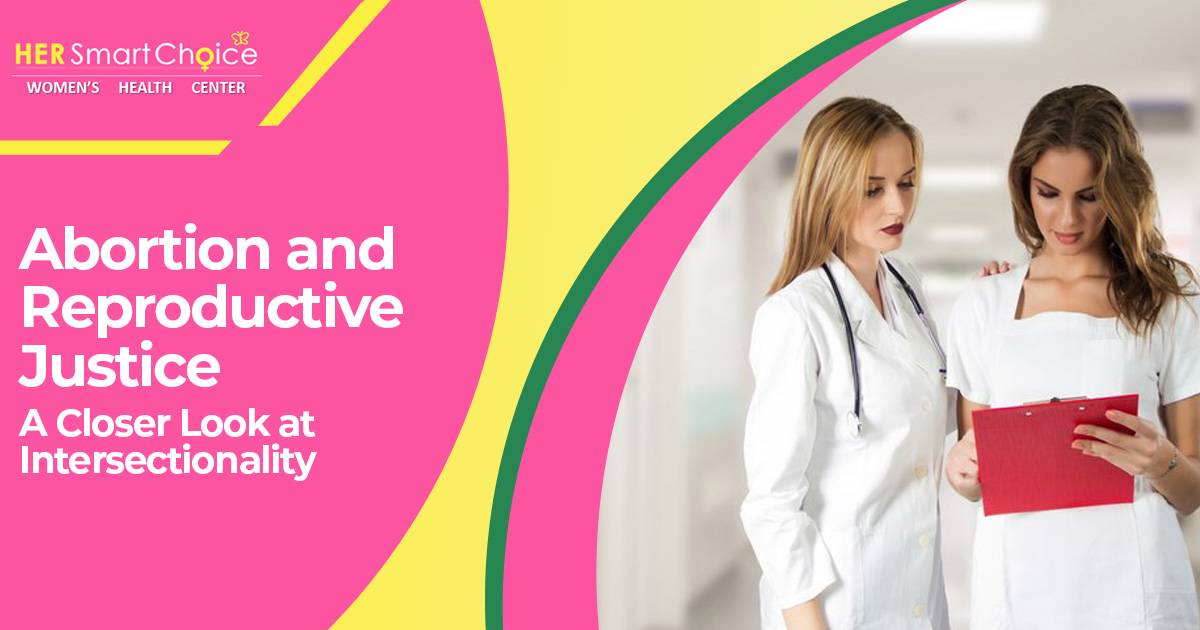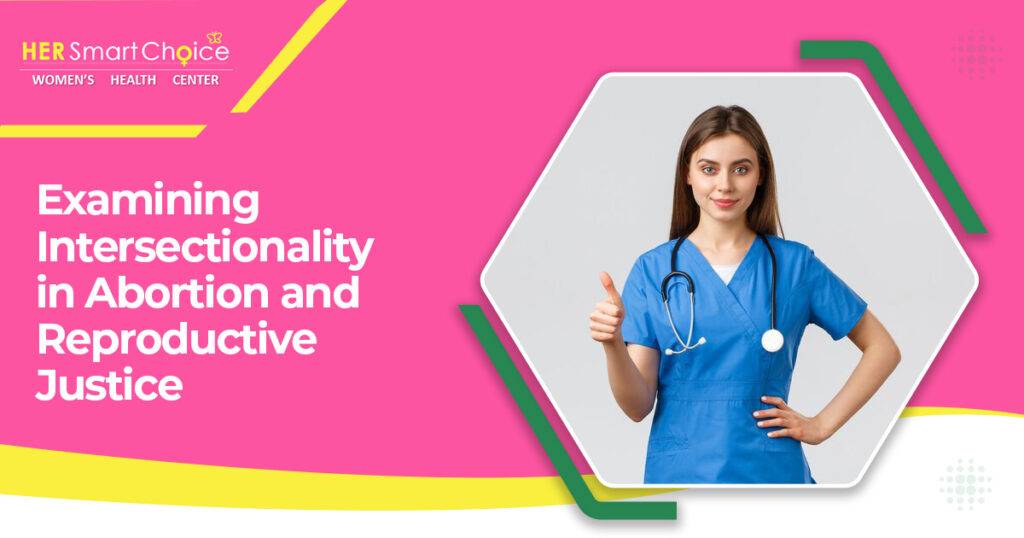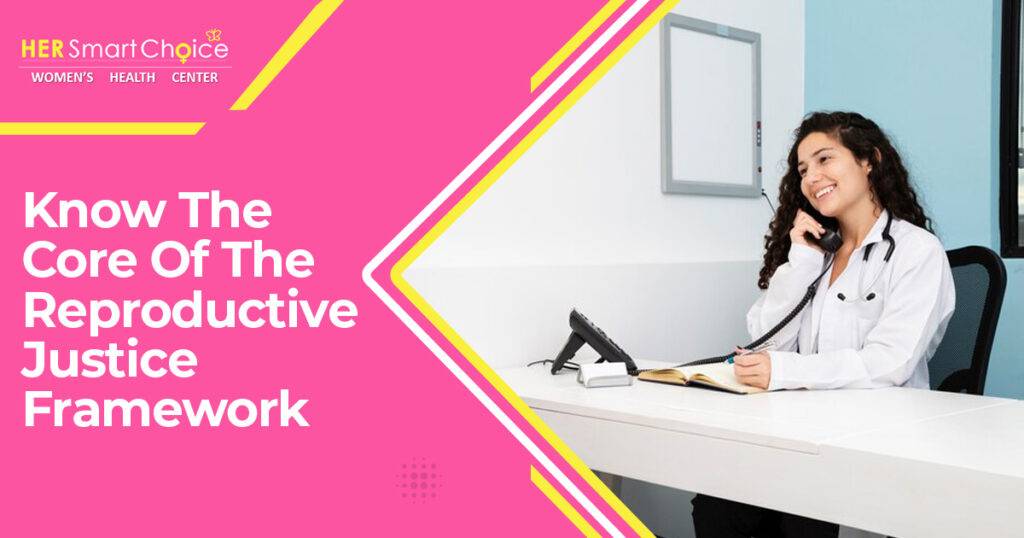How is The Abortion Pill Different From The Morning After Pill?
Facing an unplanned pregnancy can be a confusing and overwhelming experience, filled with uncertainty and a multitude of questions. One area of particular confusion often arises when discussing two frequently mentioned options – the abortion pill and the morning-after pill. While both involve birth control, they serve entirely different purposes and function in distinct ways. This blog aims to provide a clear and comprehensive understanding of these differences, empowering you to make informed decisions for your well-being.
The Abortion Pill: Terminating an Existing Pregnancy

The abortion pill, also known as medication abortion, is a two-step medication regimen used to terminate an existing pregnancy. It is generally considered safe and effective when used within the first 10 weeks of pregnancy, according to the American College of Obstetricians and Gynecologists (ACOG). Here’s a breakdown of the medication and its process:
First Medication (mifepristone): This medication blocks the hormone progesterone, which is essential for sustaining a pregnancy. Without sufficient progesterone, the uterine lining begins to break down, making it difficult for the pregnancy to continue.
Second Medication (misoprostol): Taken 24-48 hours after mifepristone, misoprostol causes contractions in the uterus, expelling the pregnancy tissue and resembling a heavy menstrual period.
Effectiveness of the Abortion Pill:
The abortion pill is a highly effective method of ending a pregnancy, with a success rate exceeding 95% when used within the first 10 weeks of pregnancy, as stated by ACOG. However, it’s important to note that this effectiveness can decrease slightly as the pregnancy progresses.
Suitability of the Abortion Pill:
The abortion pill is suitable for women who:
Are confirmed to be pregnant: It is crucial to confirm pregnancy through a healthcare professional before using the abortion pill.
Are within the appropriate gestational window: The abortion pill is typically used within the first 10 weeks of pregnancy, although some states may have different legal restrictions.
Do not have certain medical conditions: Certain pre-existing medical conditions may make the abortion pill unsuitable. Consulting a healthcare professional is essential to ensure the safety and effectiveness of this method.
Side Effects of the Abortion Pill:
The most common side effects of the abortion pill include:
- Cramping and abdominal pain
- Vaginal bleeding
- Nausea and vomiting
- Fatigue
These side effects are usually manageable and subside within a few days. It’s crucial to consult with a healthcare professional if you experience any concerning symptoms such as heavy bleeding, fever, or severe pain.
The Morning-After Pill: Preventing Pregnancy After Unprotected Sex
The morning-after pill, also known as emergency contraception, is intended to prevent pregnancy after unprotected intercourse. It is critical to understand that the morning-after pill does not work if you are already pregnant. There are two main types of morning-after pills available:
Levonorgestrel (Plan B One-Step, After Pill): This pill works primarily by delaying or preventing ovulation, thereby preventing sperm from fertilizing an egg.
Ulipristal acetate (Ella): This pill can work even after ovulation has occurred, by preventing the fertilized egg from implanting in the uterus.
Effectiveness of the Morning-After Pill:
The effectiveness of the morning-after pill is time-dependent. The sooner it is taken after unprotected sex, the more effective it is:
Most effective: Within 72 hours (3 days) of unprotected sex, effectiveness can be around 86%.
Decreasing effectiveness: After 72 hours, effectiveness gradually decreases.
Suitability of the Morning-After Pill:
The morning-after pill is a safe and effective option for individuals who have had unprotected sex and want to prevent pregnancy. It is readily available over-the-counter in many pharmacies and can often be purchased without a prescription, depending on local regulations.
Side Effects of the Morning-After Pill:**
The most common side effects of the morning-after pill include:
- Nausea and vomiting
- Fatigue
- Breast tenderness
- Irregular bleeding in the next menstrual cycle
These side effects are typically mild and short-lived. However, consulting a healthcare professional is always recommended if you experience any concerning symptoms. Understanding the distinct purposes and functions of the abortion pill and the morning-after pill empowers you to make informed decisions regarding your reproductive health.
Conclusion
Remember, consulting with a healthcare professional is crucial for personalized guidance, addressing any concerns you may have, and ensuring the safety and effectiveness of any chosen method. If you are in Van Nuys and need guidance on family planning, consulting with an abortion clinic in Van Nuys can provide the necessary assistance and support tailored to your needs.




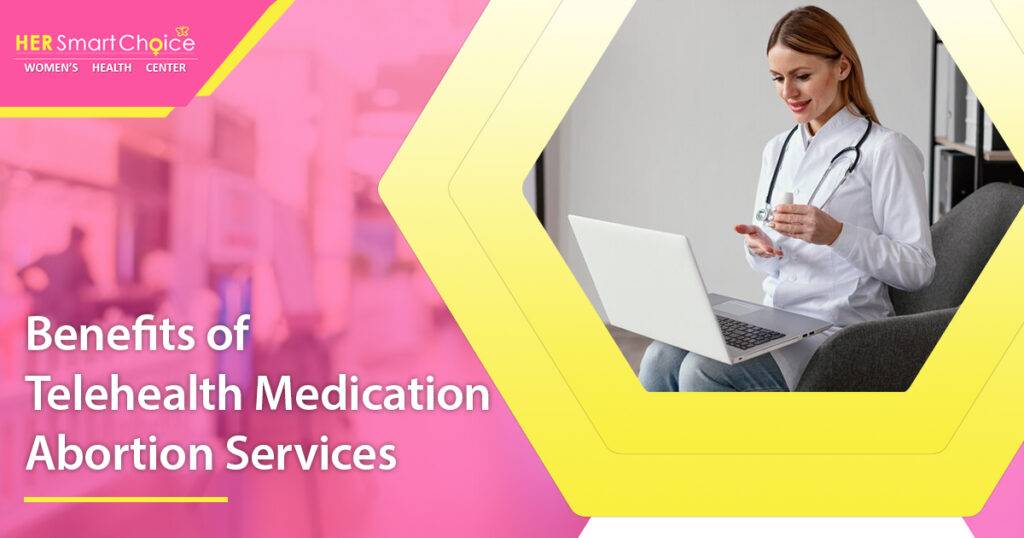
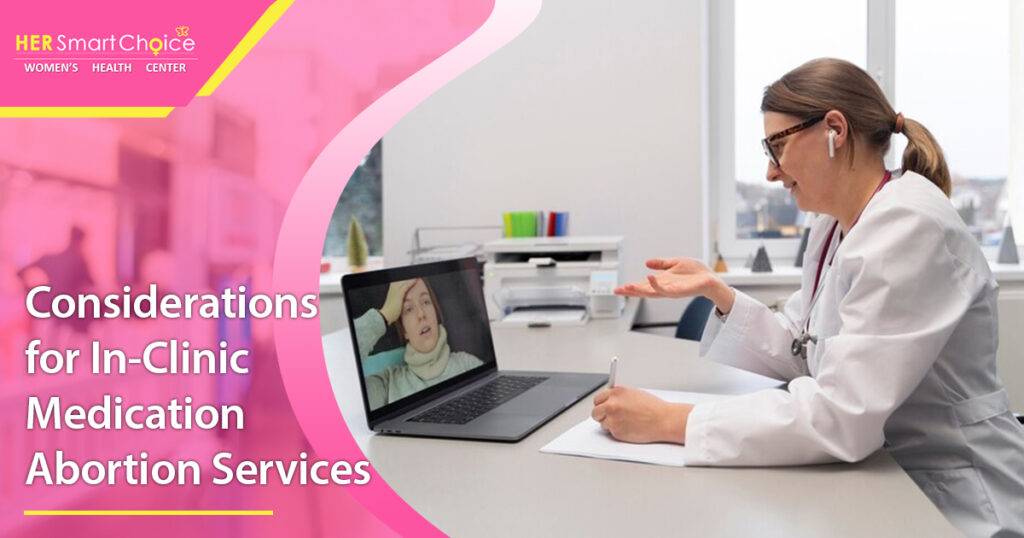




 Gone are the days of rushed in-person consultations where important details might get lost. Telehealth fosters a more relaxed and interactive environment, allowing you to discuss your concerns in-depth and ask questions freely. This open communication empowers you to understand your health better, actively participate in treatment decisions, and feel fully engaged in your well-being.
Gone are the days of rushed in-person consultations where important details might get lost. Telehealth fosters a more relaxed and interactive environment, allowing you to discuss your concerns in-depth and ask questions freely. This open communication empowers you to understand your health better, actively participate in treatment decisions, and feel fully engaged in your well-being.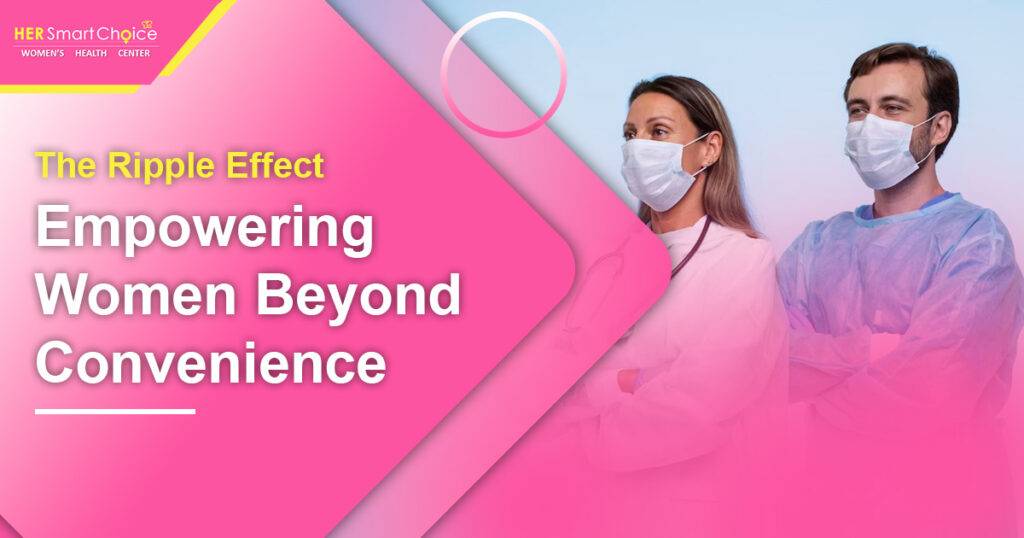 While convenience is a game-changer, the impact of telehealth goes beyond saving time and energy. It empowers women in several crucial ways:
While convenience is a game-changer, the impact of telehealth goes beyond saving time and energy. It empowers women in several crucial ways: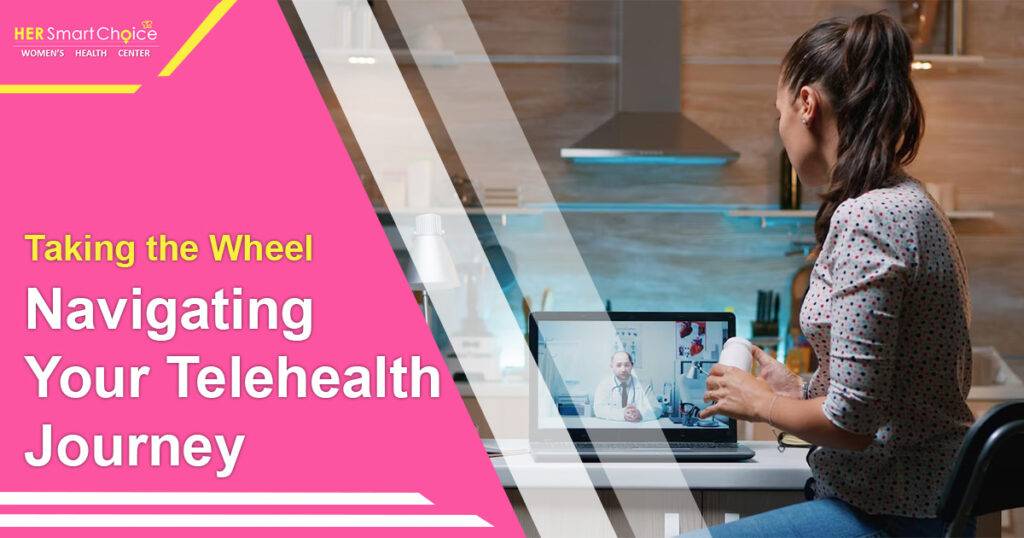




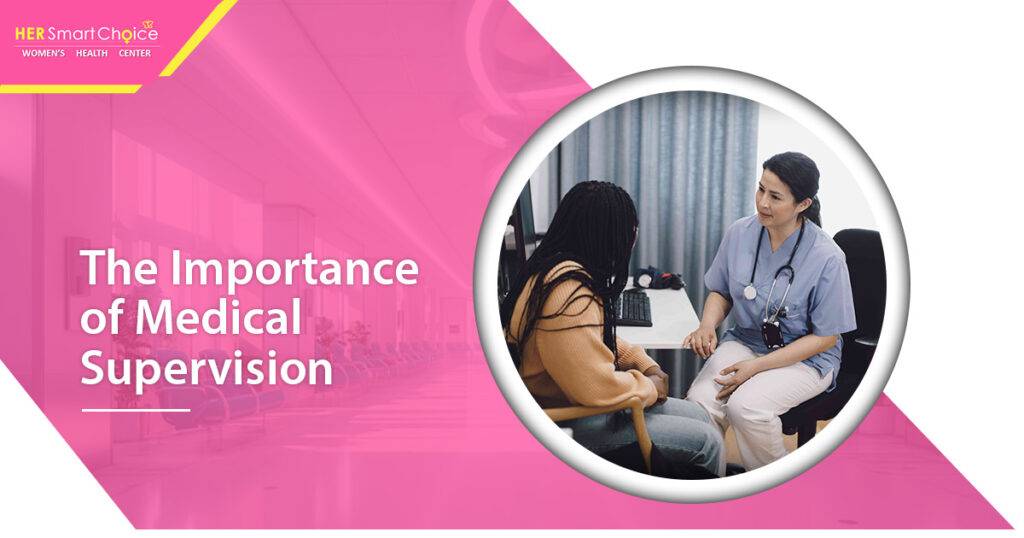


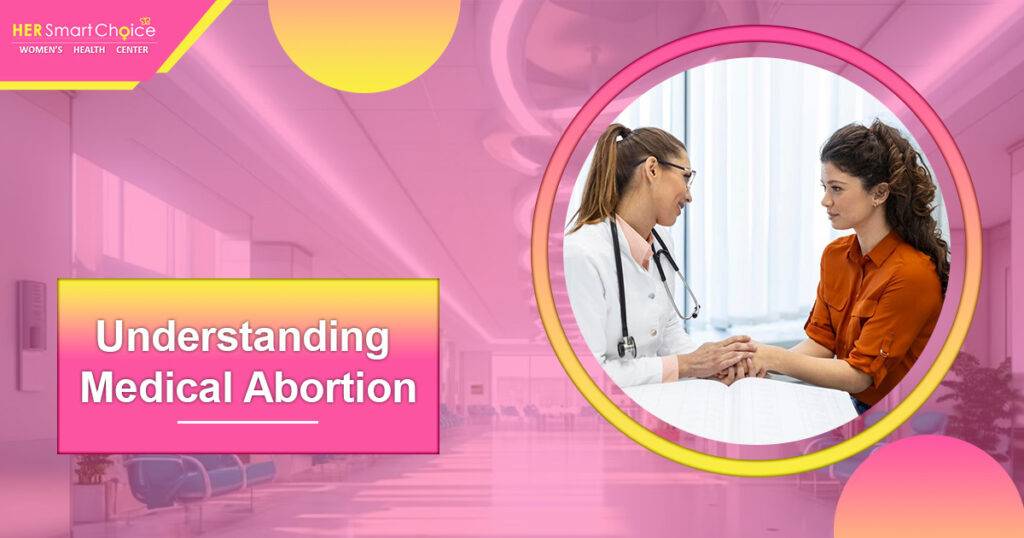



 Whether you’re a teenager experiencing your first period or a mature woman facing menopause, your first gynecologist visit can be filled with nerves and uncertainties. This is completely normal! Remember, gynecologists are dedicated to your well-being and understand the anxieties surrounding these visits.
Whether you’re a teenager experiencing your first period or a mature woman facing menopause, your first gynecologist visit can be filled with nerves and uncertainties. This is completely normal! Remember, gynecologists are dedicated to your well-being and understand the anxieties surrounding these visits. During your first visit, your gynecologist will likely:
During your first visit, your gynecologist will likely:





